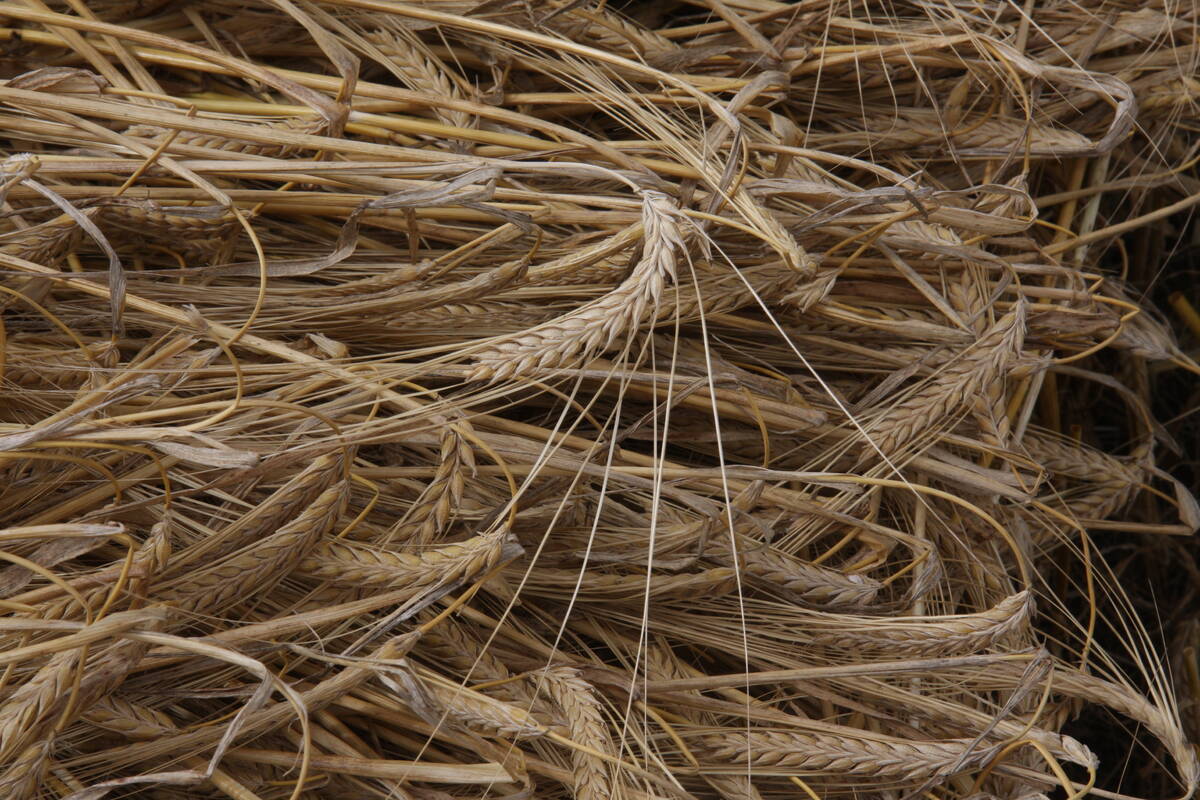As of May 28, the strike by 3,200 Canadian Pacific Railway track maintenance employees that began on May 16 had not hurt grain movement in Western Canada, industry representatives said.
CPR spokesperson Breanne Feigel said rail traffic was continuing to move normally with management and other operational workers reassigned to replace the strikers.
Last week, court-imposed restrictions were used in Calgary, Edmonton and Vancouver to stop picketing workers from delaying truck traffic in and out of intermodal terminals. Similar injunctions were issued earlier in Winnipeg and Vaughn, Ont.
Read Also

Feedgrain prices expected to plummet
A massive U.S. corn crop is keeping a lid on Canadian feed barley prices.
Canadian Wheat Board spokesperson Maureen Fitzhenry said that so far the railway has been able to continue providing grain cars and grain car unloads. Last week, 1,900 cars were unloaded on CPR lines.
The CWB has no alternative to CPR’s transportation system for shipping 60 percent of the 4.5 million tonnes of prairie grain left over from the current crop year, which ends July 31.
Wade Sobkowich of the Western Grain Elevator Association said May 28 that he has not heard any complaints about difficulties moving grain.
At press time, CPR negotiators had not met with mediators or union reps to discuss an end to the strike.
The union is seeking a 13 percent pay hike over four years, while the company has offered 10 percent.
Bill Brehl, president of the rail conference maintenance of way employees division of Teamsters Canada, said that the strike would continue for “as long as it takes.”
Negotiations have been on hold since the union’s latest offer on May 8, he said.
Claims by the company that rail traffic has not been affected by the strike were untrue, he said, adding that picketing teamsters had seen trains go by with single containers on them or running at half the usual length.
















